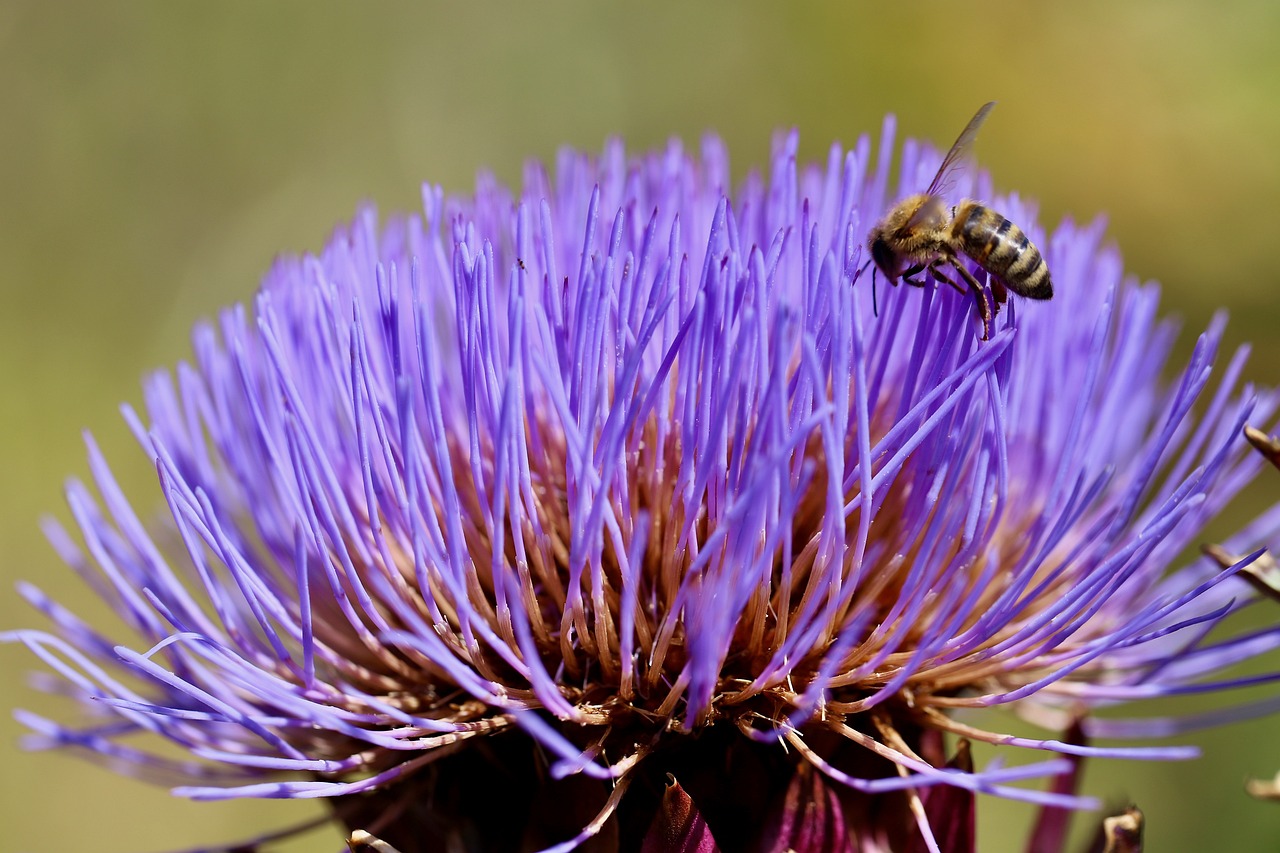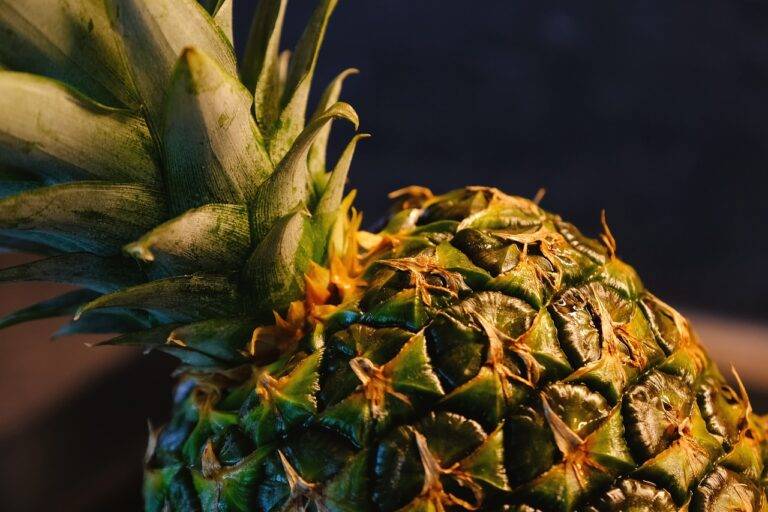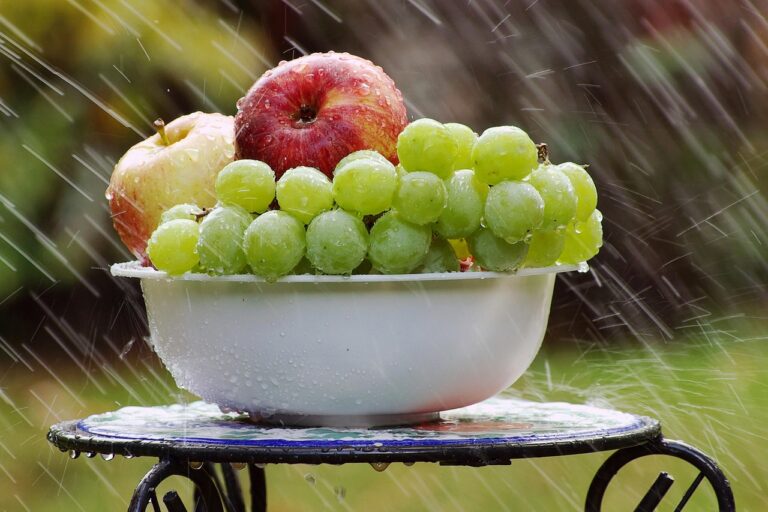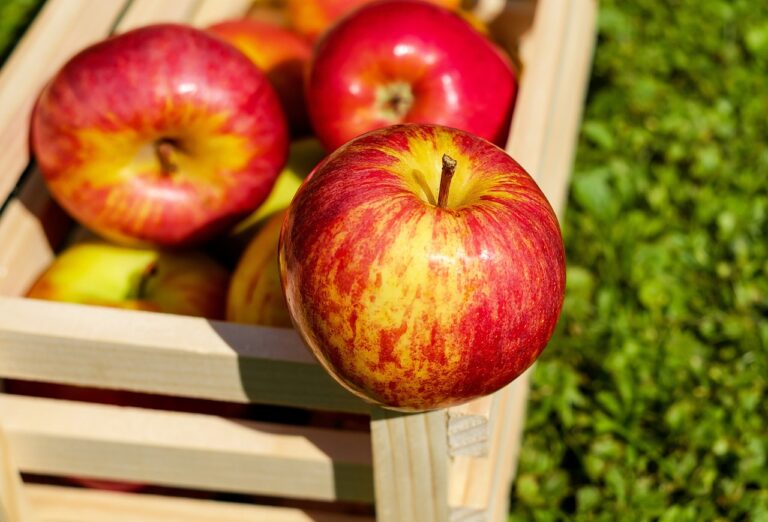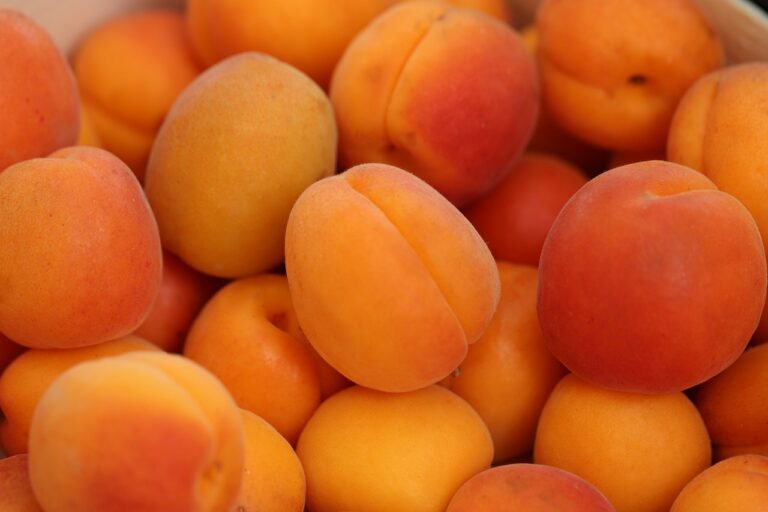The Role of Distillery Gardens in Sustainable Practices: Growing Botanicals for Production and Garnishes
11xplay reddy login password, 24 betting login india sign up, skyinplay.com login:Distillery gardens play a crucial role in sustainable practices within the spirits industry. By growing botanicals for production and garnishes on-site, distilleries can reduce their carbon footprint, support biodiversity, and create a unique selling point for their products. In this article, we will explore the importance of distillery gardens, their benefits, and how they contribute to a more sustainable future for the spirits industry.
The Benefits of Distillery Gardens
1. Sustainable Sourcing: By growing botanicals on-site, distilleries can reduce their reliance on external suppliers, lowering transportation costs and emissions. This practice also ensures the freshness and quality of the ingredients used in production, leading to a superior end product.
2. Biodiversity Conservation: Distillery gardens provide a habitat for a diverse range of plant species, insects, and animals. By cultivating a variety of botanicals, distilleries can contribute to local biodiversity and support the health of the ecosystem around them.
3. Waste Reduction: Distillery gardens can help reduce waste by utilizing organic matter from the production process as compost. By recycling waste materials in this way, distilleries can minimize their environmental impact and create a closed-loop system.
4. Educational Opportunities: Distillery gardens offer a valuable educational resource for visitors, employees, and the local community. By showcasing the cultivation of botanicals and the principles of sustainable agriculture, distilleries can raise awareness about environmental issues and inspire others to adopt more sustainable practices.
5. Marketing and Branding: Distillery gardens can be a powerful marketing tool, showcasing the distillery’s commitment to sustainability and environmental stewardship. By highlighting their on-site botanicals and sustainable practices, distilleries can attract eco-conscious consumers and differentiate themselves in a crowded market.
6. Flavor and Quality: Growing botanicals on-site allows distilleries to control the quality and flavor profile of their products. By selecting the freshest and most flavorful ingredients, distilleries can create unique spirits with distinctive character and depth.
The Role of Botanicals in Distillery Gardens
1. Herbs: Herbs such as mint, basil, and thyme are commonly used in spirits production and can be easily grown in distillery gardens. These aromatic plants add complexity and freshness to cocktails and are essential for creating classic recipes like the Mojito or the Margarita.
2. Citrus: Citrus trees like lemon, lime, and orange are prized for their zest and acidity, which can balance the sweetness of spirits in cocktails. By growing citrus fruits on-site, distilleries can ensure the quality and freshness of the garnishes used in their drinks.
3. Flowers: Edible flowers such as lavender, hibiscus, and rose can be used to add color and fragrance to cocktails. These delicate blooms are not only visually appealing but also provide a subtle floral note that enhances the overall drinking experience.
4. Berries: Berries like strawberries, raspberries, and blackberries are popular ingredients in fruit-based spirits and cocktails. By growing these sweet and tangy fruits in distillery gardens, producers can create flavorful infusions and garnishes for their drinks.
5. Spices: Spices such as cinnamon, cardamom, and cloves are essential for adding warmth and depth to spirits like rum and whiskey. By cultivating these aromatic spices on-site, distilleries can ensure the freshness and potency of the ingredients used in their recipes.
6. Botanicals for Distillation: Some distilleries grow botanicals specifically for use in the production process, such as juniper berries for gin or wormwood for absinthe. By sourcing these key ingredients from their own gardens, distilleries can control the quality and flavor profile of their spirits.
FAQs
1. Why are distillery gardens important for sustainability?
Distillery gardens play a key role in sustainable practices by reducing the carbon footprint of spirits production, supporting biodiversity, and minimizing waste. By growing botanicals on-site, distilleries can create a more sustainable supply chain and reduce their environmental impact.
2. What types of botanicals can be grown in distillery gardens?
Distillery gardens can accommodate a wide variety of botanicals, including herbs, citrus fruits, flowers, berries, and spices. These plants can be used for production, garnishes, and infusions, adding complexity and freshness to cocktails and spirits.
3. How do distillery gardens contribute to biodiversity conservation?
Distillery gardens provide a habitat for a diverse range of plant species, insects, and animals, supporting the health of the local ecosystem. By cultivating a variety of botanicals, distilleries can contribute to biodiversity conservation and promote environmental stewardship.
4. What are the benefits of using botanicals from distillery gardens in spirits production?
Using botanicals from distillery gardens ensures the freshness, quality, and flavor of the ingredients used in spirits production. By controlling the cultivation and harvesting of these key ingredients, distilleries can create unique and distinctive spirits with superior taste and aroma.
In conclusion, distillery gardens are an essential component of sustainable practices in the spirits industry. By growing botanicals on-site, distilleries can reduce their environmental impact, support biodiversity, and create high-quality products with unique flavors and aromas. These gardens not only benefit the distillery but also the environment, local community, and consumers who appreciate eco-friendly and ethically produced spirits. Embracing sustainable practices through distillery gardens is a win-win for everyone involved. Cheers to a more sustainable future in the spirits industry!

